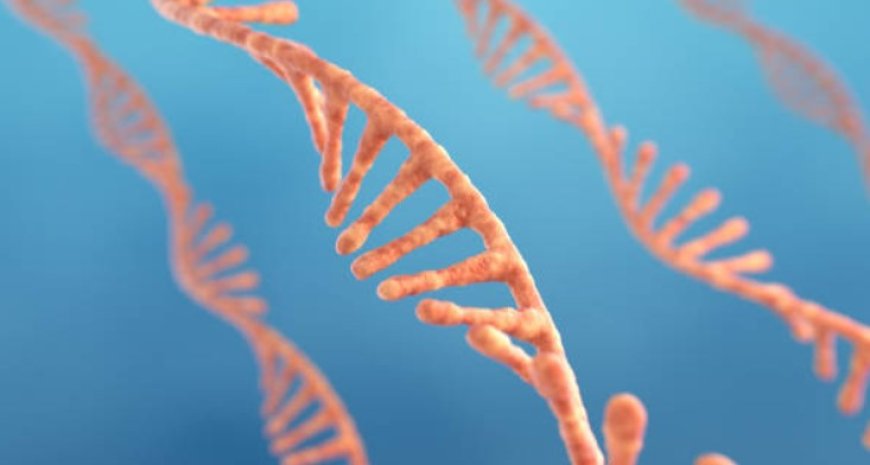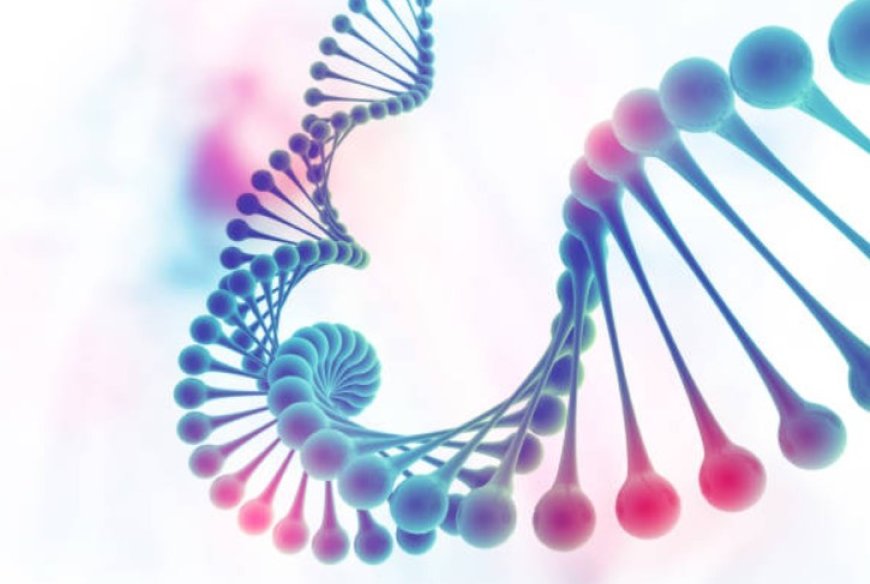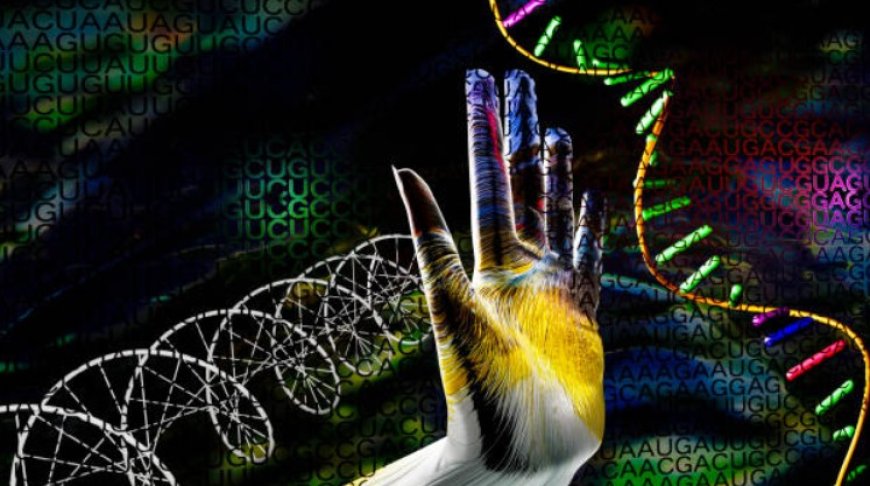The Functions of RNA: A Versatile Molecule Essential for Life
RNA plays a vital role in everything from protein synthesis to gene regulation. Learn more about the functions of RNA and its importance to all living organisms.
RNA's Functions
In all living things, ribonucleic acid (RNA) is a chemical that is essential. Though it is single-stranded and has uracil instead of thymine, the nitrogenous base, it resembles DNA in structure. Numerous biological functions, including gene control, protein synthesis, and others depend on RNA.
Synthesis of proteins
The production of proteins is RNA's most well-known activity. From DNA reaches the ribosome, where it is translated into proteins, RNA transports the genetic code. All biological functions, such as growth, repair, and metabolism, depend on proteins.
Three primary RNA subtypes are involved in the production of proteins:
Messenger RNA (mRNA): mRNA transports the genetic code from the nucleus' DNA to the cytoplasm's ribosomes.
Transfer RNA (tRNA): During protein translation, tRNA transports amino acids to the ribosome.
Ribosomal RNA (rRNA): The primary building block of ribosomes, the molecular machinery that converts mRNA into proteins, is rRNA.
Regulation of genes
RNA is involved in the control of genes as well. The process of regulating which genes are expressed and which are not is known as gene regulation. RNA molecules have the ability to attach to either DNA or mRNA, stopping the latter from being translated into proteins or from being transcribed into DNA.
RNA molecules that are implicated in the regulation of genes include the following examples:
MicroRNAs (miRNAs): mRNA is translated into proteins when miRNAs, which are tiny RNA molecules, attach to it.
Long non-coding RNAs (lncRNAs) : LncRNAs are long RNA molecules that have the ability to control gene expression through interactions with proteins, DNA, and RNA.
Additional features
RNA performs a variety of additional roles in cells, such as:
Protection: Biochemical reactions can be catalyzed by some RNA molecules. For instance, protein translation and RNA splicing are processes carried out by ribozymes, or RNA enzymes.
Structural support: RNA molecules have the ability to assemble into intricate structures that support tissues and cells. For instance, the ribosome, which is necessary for the synthesis of proteins, is formed by rRNA molecules.
Defense: Cells can protect themselves from viruses in part by using RNA molecules. Small interfering RNAs (siRNAs), for instance, have the ability to attach to viral RNA and stop its replication.
To sum up
All living things depend on the adaptable molecule known as RNA. It is necessary for many different biological functions, including gene control, protein synthesis, and others. The field of RNA research is expanding quickly, and scientists are still learning about the various roles that RNA molecules play in life.















































































































































































































